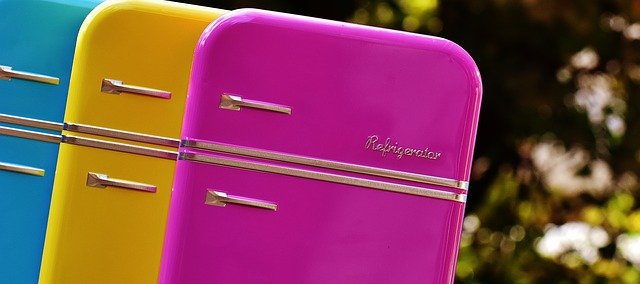
In a new study, researchers discover new potential energy technology for the refrigerator.
The new finding can improve the energy efficiency of a normal refrigerator.
The study was done by researchers from the University of Science and Technology of China.
Most families need one or two refrigerators and they are always on 24 hours a day, 365 days a year. That costs a lot of energy each year.
The energy efficiency of refrigerators needs to be improved.
Many factors can influence the process, including the heat-insulating property of the thermal barriers of the freezer. This is due to its low inner temperature.
Previous research has shown that there is a big temperature difference between the freezer of a traditional refrigerator and ambient air temperature.
The normal thermal barrier of the freezer causes considerable cold loss.
Scientists have looked at various parts of the refrigerator to improve energy consumption, but a definitive solution has not yet been found.
In the study, the team suggests that using part of the cold loss to cool the fresh food compartment may be a promising solution in improving the efficiency of the refrigerator.
They suggest that the evaporating temperature of the refrigeration cycle depends only on the freezer temperature.
Therefore, an appropriate reduction of the evaporator area in the fresh food compartment will not decrease the overall efficiency.
They designed a novel refrigerator with a loop thermosyphon that can decrease the heat transfer between the freezer and ambient air.
They found the energy-saving ratio of the improved walls got close to 30%. This technology even works in hot climates like the desert.
Although the current finding is based on theoretical calculation, the results are promising. They can help develop new energy technology or applied in the renewable energy field.
One author of the study is Jingyu Cao at the University of Science and Technology of China.
The study is published in the Journal of Renewable and Sustainable Energy.
Copyright © 2019 Knowridge Science Report. All rights reserved.



